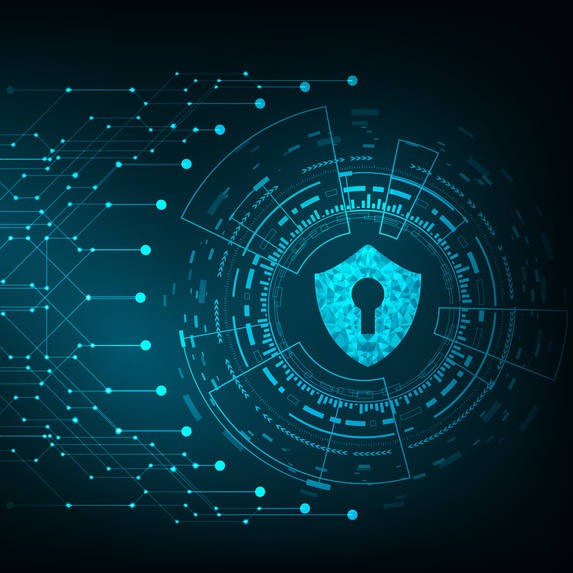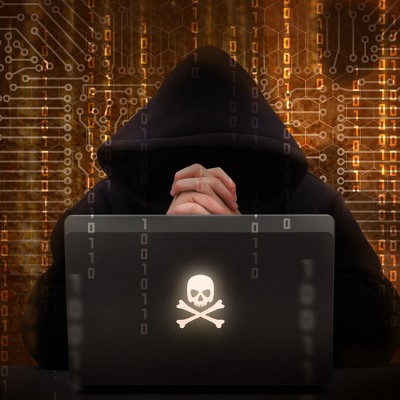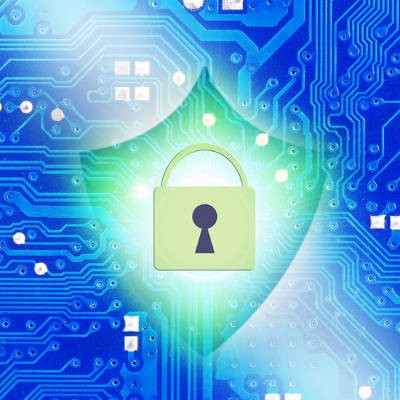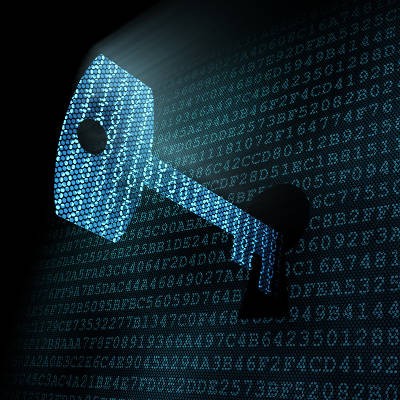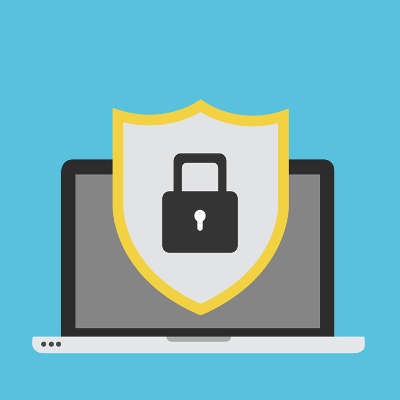2018 could potentially be a big year for your business. However, your business needs to be around long enough to see any positives that may come its way, which means you need to be prepared for the negatives. Here are five resolutions for you to make this year to help preserve your organization’s cybersecurity.
EZ MSP Blog
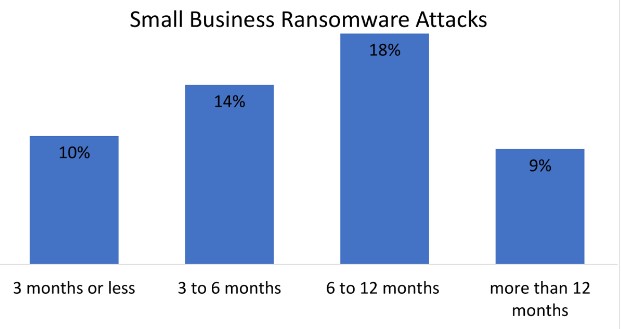
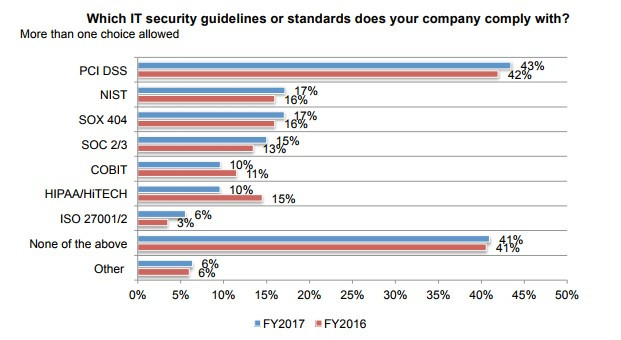
Network security is a crucial consideration for every single business, especially ones that utilize the Internet. There were a lot of negatives and some positives that came out of 2017 in regards to cybersecurity. Below we have listed some of the most troubling cybersecurity statistics collected in 2017, and we’ve followed it up with suggestions on how to keep your business safe in 2018.
Data security has to be a core consideration of the modern business, so every small effort you can take to protect your business is important. One such effort is the implementation of two-factor authentication. However, your employees may not initially feel entirely comfortable with some facets of two-factor authentication.
Most small businesses don’t have the luxury of an in-house IT department. Even if they do have one, it’s likely a small department run by a handful of folks who have their hands full with either implementation projects or simply staying afloat. With opportunities to invest in the improvement of your infrastructure few and far between, a network audit can help you identify where your network suffers most, and what you can do about it.
If you’ve watched the news lately, chances are you’ve seen the Equifax breach and the ridiculous fallout it has caused. Over 133 million personal records have been stolen. While it’s difficult not to feel individually victimized by such a breach, it’s important to remember that it’s often not your specific credentials targeted by hackers. Since businesses often hold onto valuable information, they have big crosshairs painted onto them. It doesn’t even stop there--any vendors or partners you deal with are also in danger of hacking attacks.
There are dozens of surveys and reports produced each year that evaluate digital threats and cybercrime. Not every publication applies to every business - but many of them do have some important take aways about the best practices of handling IT. Here’s few highlights from the 2017 Cyberthreat Defense Report that offer important insight for SMBs and their use of technology.
With the surge in the number of small and medium businesses that have fallen prey to malware and cyber criminals, there is a lot of focus of what an organization can do to prevent being a victim and how the company should handle themselves after an attack. There is another key factor to preventing cyber criminals from penetrating into your network: your employees.
Here’s a question: on a scale of one to ten, how confident are you that your employees are acting in the best interests of your organization’s network security? How confident are you that you’re setting a good example when it comes to handling your business’ security? Unfortunately, any confidence you have on this matter may be misplaced.
Today, we want to talk about something that not a lot of businesses would want to think about. What would happen to your organization if it were to suddenly experience a hacking attack? While security solutions can go a long way toward protecting your organization, you still want to make sure that you’re not relying solely on your security tools for protection. Rather, you should always stay vigilant, even if you don’t think something could go wrong.
Is your business prepared to handle all kind of online threats? A recent study shows that it probably isn’t. According to the think tank Ponemon Institute, four out of five businesses don’t have the infrastructure or security experts they need to spot and prevent incoming cyber attacks from succeeding. This is a significant statistic that can’t be ignored, especially if you want to secure your business.
So you keep hearing about the need for a firewall, but maybe you’re not exactly sure what it is or even what it does. As a business owner, you don’t need to fully grasp the complexities of network security in order to effectively manage your company. Although, it is beneficial for every business owner to understand the basics of what a firewall is, along with a working knowledge of how it protects an organization’s IT infrastructure.
If you ever question why your business needs to take advantage of network security and all of its components, consider this fact: the average cost of data breaches, worldwide, has increased by 29 percent since 2013. Believe it or not, the average cost per data breach is now an astounding $4 million! Now, we’ll ask you again; can your business afford to deal with a data breach or data loss disaster?
Mobile devices continue to be an important part of doing business, and organizations are ready and willing to accept them into the workplace environment with open arms. Yet, the fact remains that doing so can be of significant risk. Believe it or not, the majority of businesses overwhelmingly support mobile devices, but don’t put measures into place that can protect them in the event of a hacking attack or data leak.


